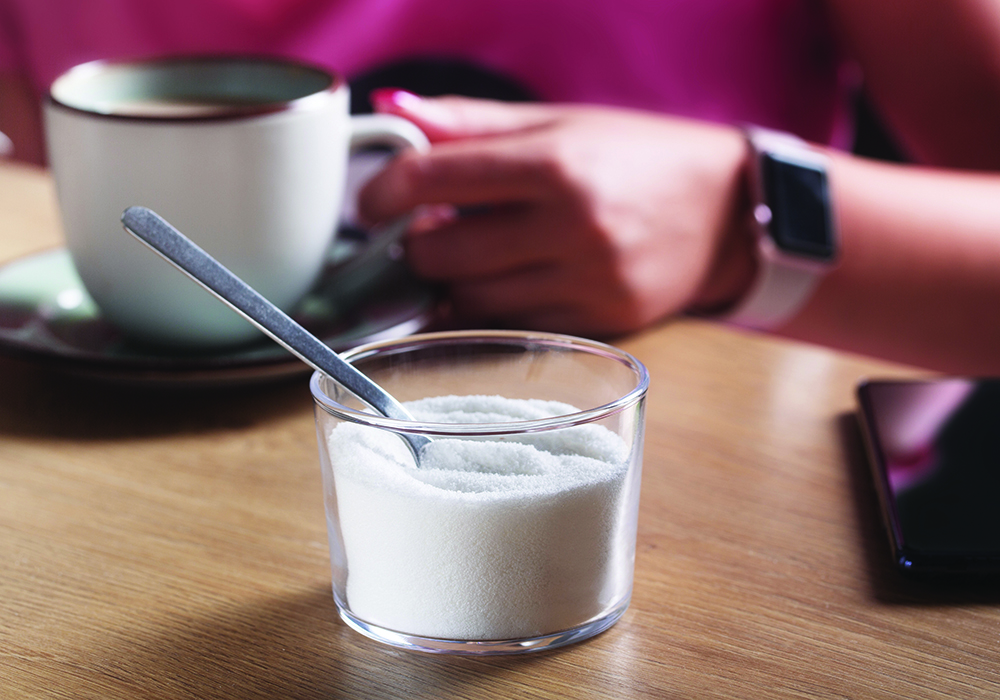Excess consumption of fructose in additives like table sugar or high-fructose corn syrup (HFCS) not only contributes to obesity, but it may increase colorectal cancer (CRC) cell survival, leading to larger tumors and increased symptom burden in patients at higher risk, researchers showed in study results published in Nature. However, blocking the body’s uptake of the sweetener may be a key to controlling the disease.
The researchers conducted the study in mice that were fed HFCS and found that it increased their intestinal villi length. In the mice that were at higher risk for CRC, the longer villi was associated with larger, more aggressive tumors. When the mice were fed a high-fat diet along with HFCS, they also gained more weight than those fed a high-fat diet alone.
They attributed the cause to lowered activity of the PKM2 protein, which drives cell growth in a hypoxic environment like the colon. Certain drugs, such as TEPP-46, reactivate that protein, and when the researchers gave it to the mice fed with HFCS, their villi remained a normal length and it slowed CRC tumor growth.
Clinical trials in humans are needed to confirm the results, and the researchers noted the difference between the fructose in additives like table sugar or HFCS and natural, nutritive fructose in whole, unprocessed fruit, which is part of a healthy diet.
“Exposure to fructose is one component of the diet that’s modifiable, and we think plays a role,” the researchers said. “There’s still a lot more work to do in terms of understanding how big of an effect it has and if we can use drugs to try to prevent it from happening.”
For more information on the relationship between nutrition and cancer and the significance of this social determinant of health for your patients, check out chapter 5 in ONS’s book, Your Guide to Cancer Prevention.






